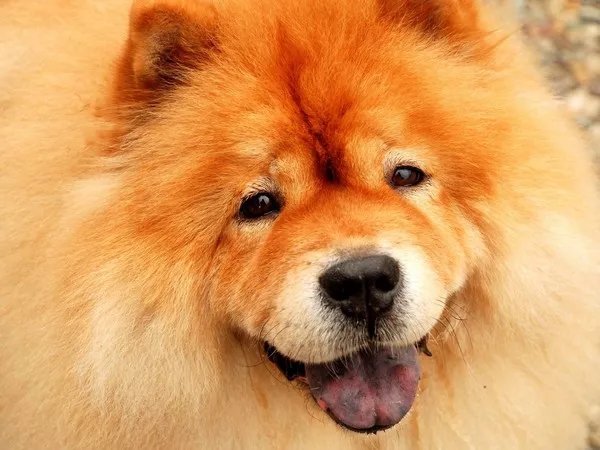Proper training is crucial in managing the strength of a Chow Chow bite. From an early age, owners should focus on bite inhibition, teaching the puppy to control the force of their bite. Puppy socialization classes provide valuable opportunities for young Chow Chows to interact with other dogs and people, learning appropriate bite inhibition in different contexts. Consistent and positive reinforcement-based training helps establish boundaries and reinforces good behavior. Training sessions that include commands such as “gentle” or “soft” can be effective in teaching the Chow Chow to moderate the strength of their bite.
Socialization
Socialization plays a pivotal role in shaping a Chow Chow’s bite behavior. Exposing the dog to various environments, people, and other animals from a young age helps them develop positive associations and adaptability. Properly socialized Chow Chows are less likely to exhibit fear-based aggression and are more capable of interacting appropriately with different situations. Controlled interactions with other dogs and supervised introductions to new people contribute to a well-rounded and socially adept Chow Chow, reducing the likelihood of problematic biting behaviors.
Preventing Undesirable Behaviors
Understanding the factors that contribute to undesirable biting behaviors is essential for responsible Chow Chow ownership. Aggression and fear-based biting can result from various factors, including lack of socialization, fear of unfamiliar stimuli, or a response to perceived threats. Addressing these behaviors requires a multifaceted approach that includes positive reinforcement training, behavior modification, and, in some cases, consultation with professional trainers or behaviorists. Early intervention and consistent, positive training methods are key in preventing and managing aggressive behaviors in Chow Chows.
Responsible Ownership
Responsible ownership is the cornerstone of nurturing a well-balanced Chow Chow, including managing their bite behavior. Owners should prioritize early training, socialization, and positive reinforcement to instill good behavior patterns in their dogs. Providing mental stimulation, regular exercise, and a loving home environment contribute to a Chow Chow’s overall well-being. Responsible owners also recognize and respect the breed’s natural instincts, understanding that proper management and training are essential for fostering a harmonious relationship with their Chow Chow.
Interaction with Children
When Chow Chows share a home with children, it’s crucial to ensure the safety of both the dog and the child. Educating children on appropriate interactions with dogs, teaching them to respect the dog’s space and signals, is essential. Supervision during interactions is paramount, especially with young children who may not fully understand a dog’s behavior. Chow Chows, like any breed, should be taught to tolerate handling and interactions with children, and children should be taught to approach dogs calmly and respectfully.
Health Considerations
In some instances, biting behavior in Chow Chows may be related to pain or discomfort. Dogs may resort to biting as a defensive mechanism when they are in pain. Responsible owners pay close attention to changes in behavior, such as increased aggression or sensitivity to touch, which could indicate underlying health issues. Regular veterinary check-ups, addressing any signs of pain promptly, and ensuring that the dog receives appropriate medical care contribute to preventing pain-related biting behaviors.
Legal Implications
Understanding the legal implications of dog bites is crucial for Chow Chow owners. Dog bite laws vary by jurisdiction, and owners may be held liable for injuries caused by their dogs. Responsible ownership involves adhering to local laws, keeping the dog under control in public spaces, and taking precautions to prevent situations where a bite could occur. Owners should also ensure that their Chow Chows receive the necessary vaccinations and preventive healthcare to minimize the risk of biting-related health issues.
Conclusion
In conclusion, the strength of a Chow Chow bite is a characteristic rooted in the breed’s history and anatomy. Responsible ownership involves understanding and managing this trait through proper training, socialization, and a commitment to the overall well-being of the dog. By recognizing the natural instincts of Chow Chows and taking proactive measures to address potential behavior issues, owners can foster a balanced and harmonious relationship with their majestic companions. Balancing the power of a Chow Chow’s bite with responsible ownership practices ensures that these regal dogs can thrive as loving and well-behaved members of our households.


